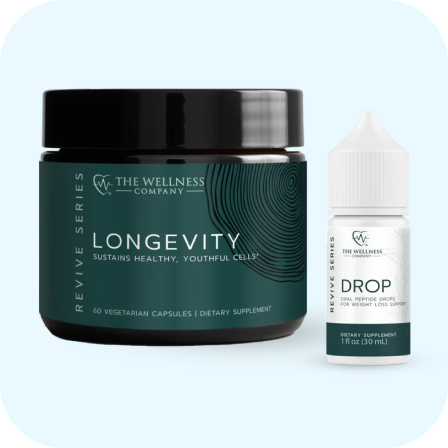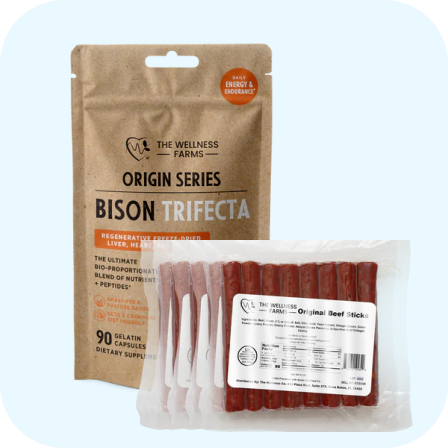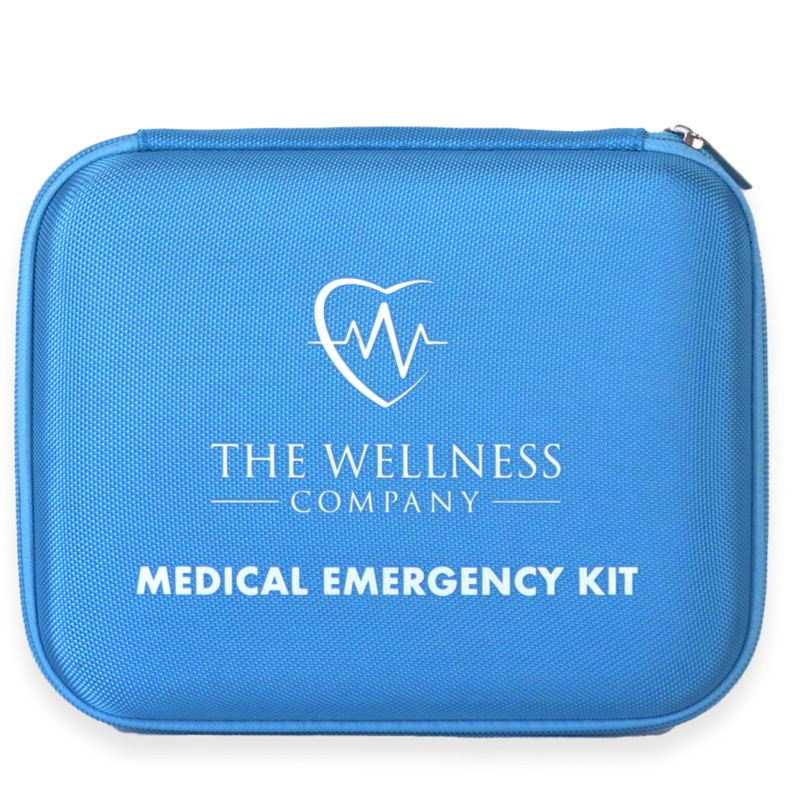How to Improve Your Memory (Get Your Sleep!)

Of all the sophisticated processes our brain automates behind the scenes – and we often take for granted – I think the most miraculous is memory.
Without a functioning memory, the movie of your life would lack a narrative, and you would have no stable identity.
Memory is undoubtedly one of the most precious gifts we possess.
Is there anything we can do to enhance it? Or is it destined to worsen as we age?
In recent years, science has begun to suggest that one of the keys to optimizing memory may rest in one of the things we all do every single day: sleep.
To understand how, it’s useful to become acquainted with basic neuroscience (the study of the brain).
When you read a fact, your brain houses it in an area called the hippocampus. Unfortunately, the hippocampus – like a hard drive – has a finite storage capacity.
Your brain overcomes this lack of mental real estate by transferring memory traces to an area called the neocortex for long-term storage.
We’ve long known that this happens, but only recently did neuroscience discover precisely how this elegant process works.
Dr. Matthew Walker, a neuroscientist at UC Berkeley, suspected that sleep played a role in memory retention.
To test his hypothesis, he recruited volunteers for an intense fact-based learning session, after which he divided them into two groups.
Group one took a ninety-minute nap, and group two stayed awake.
A few hours later, participants performed a second round of learning tasks.
The next day, both groups took a test on material they learned in the second bout.
If sleep acts as a file transfer mechanism, Walker reasoned, the group that slept should register more facts in the second bout, after their hippocampus has been “cleaned out.”
This is precisely what occurred. The nap group scored significantly higher than the non-nap group on the recall test.
Walker went further, analyzing each subject’s brain during their post-learning nap to explore patterns of interconnectivity.
He discovered that their improved learning capacity upon waking was tightly linked to the emergence of electrical events called sleep spindles.
Walker was able to observe a loop of such spindles physically travelling from the hippocampus to the cortex (the long-term storage vault).

This result confirmed Walker’s suspicion
Sleep facilitates memory transfer from the hippocampus to the cortex, and when the hippocampus awakens, it is freshly equipped to absorb new information.
On a practical note, the spindles which mediate this effect are concentrated in the latter hours of one’s sleep.
To sleep six rather than eight hours is to deprive yourself of a profoundly restorative piece of cognitive housekeeping.
As the distraction economy continues to thrive, there have never been more sources vying for our attention.
But we can only cram so many facts, images, and stories into our heads.
There has never been a more critical time to do everything in our power to upgrade our memory and optimizing sleep is the best place to start.
More Resources
Article: Learn how quality sleep helps control weight gain.
Video: More on sleep and memory.
References
Saletin, J. M., & Walker, M. P. (2012). Nocturnal mnemonics: sleep and hippocampal memory processing. Frontiers in neurology, 3, 59.






















